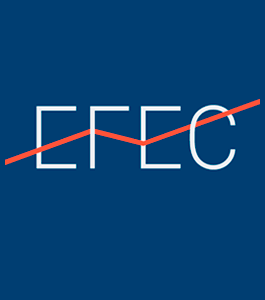24/05/2017
Espanya, 8ª en educació financera de la OCDE
Publicat orginalment a OECD.org
Many teenagers struggle to understand money matters
Around one in four students in the 15 countries and economies that took part in the latest OECD Programme for International Student Assessment (PISA) test of financial literacy are unable to make even simple decisions on everyday spending, while only one in ten can understand complex issues, such as income tax.
Some 48,000 15‑year-olds took part in the test, which evaluated the knowledge and skills of teenagers around money matters and personal finance, such as dealing with bank accounts and debit cards, or understanding interest rates on a loan or mobile payment plan. This is the second time PISA has been used to assess students’ ability to face real-life situations involving financial issues and decisions.
“Young people today face more challenging financial choices and more uncertain economic and job prospects given rapid socioeconomic transformation, digitalisation and technological change; however, they often lack the education, training and tools to make informed decisions on matters affecting their financial well-being,” said OECD Secretary-General Angel Gurría, launching the report in Paris with H.M Queen Máxima of the Netherlands, the UN Secretary‑General’s Special Advocate for Inclusive Finance for Development and Honorary Patron of the G20 Global Partnership for Financial Inclusion. “This makes it even more important that we step up our global efforts to help improve the essential life skill of financial literacy.” Read the full speech.
Beijing-Shanghai-Jiangsu-Guangdong (China) had the highest average score, followed by the Flemish Community of Belgium, the participating Canadian provinces (British Columbia, Manitoba, New Brunswick, Newfoundland and Labrador, Nova Scotia, Ontario and Prince Edward Island), the Russian Federation, the Netherlands and Australia.
Students who do well in financial literacy are also likely to perform well in the PISA reading and mathematics assessment, and students who have weak financial literacy skills are likely to do poorly in the other core PISA subjects. But on average across the 10 participating OECD countries and economies, around 38% of the financial literacy score reflects factors unique to financial skills…
Llegeix l’article complet a OECD.org -http://www.oecd.org//-


